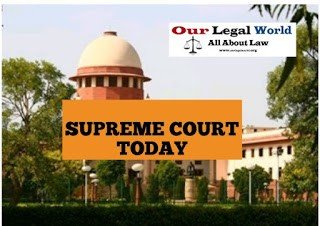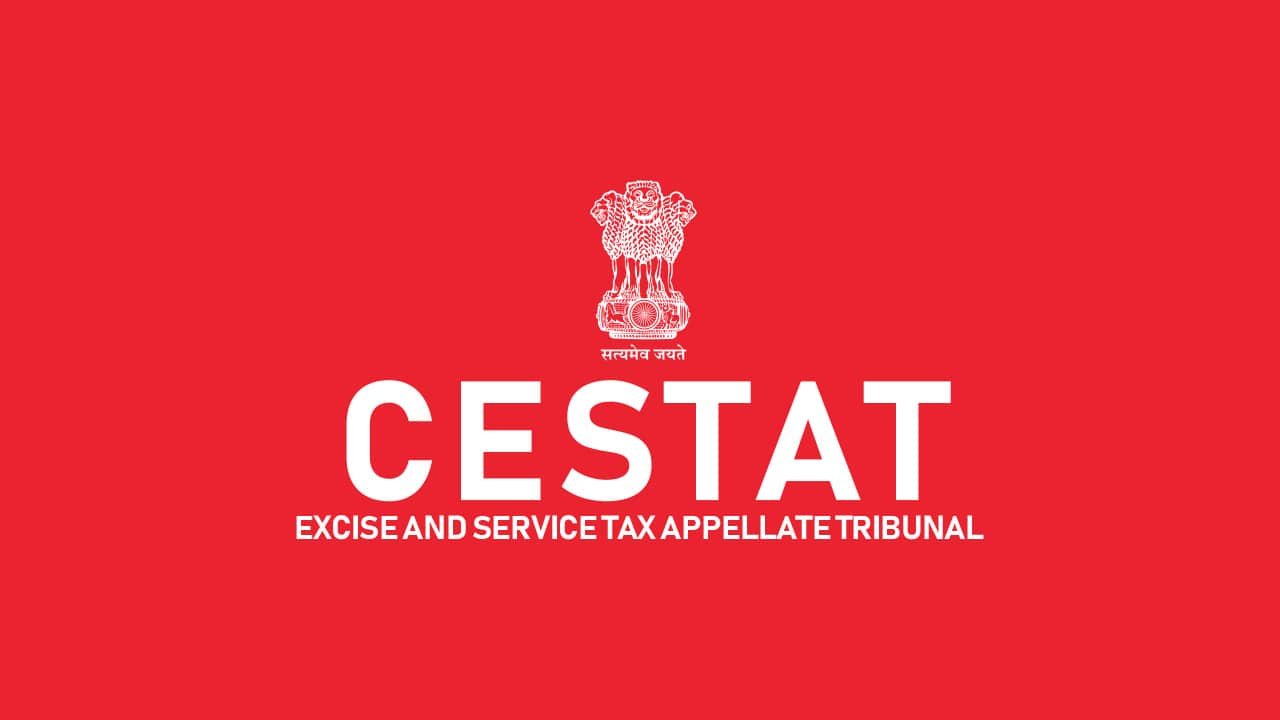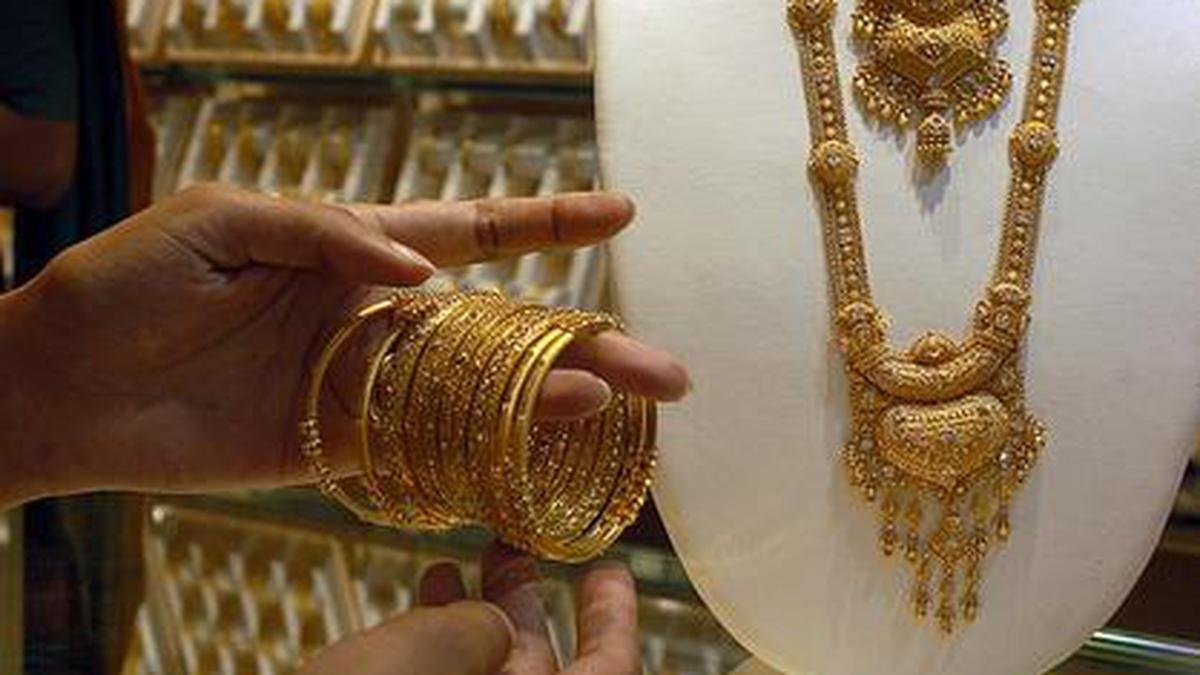14 February, IMPORTANT JUDGMENT SUPREME COURT
14 February, IMPORTANT JUDGMENT SUPREME COURT
by admin
Updated On: September 16, 2019 10:05 pm

---Advertisement---
The Code of Civil Procedure, 1908 – Order VI Rule 17 – Amendment of the Plaint – Leave to amend may be refused if it introduces a totally different, new and inconsistent case, or challenges the fundamental character of the suit. The proviso to Order VI Rule 17 of the CPC virtually prevents an application for amendment of pleadings from being allowed after the trial has commenced, unless the Court comes to the conclusion that in spite of due diligence, the party could not have raised the matter before the commencement of the trial. The proviso, to an extent, curtails absolute discretion to allow amendment at any stage. Therefore, 4 the burden is on the person who seeks an amendment after commencement of the trial to show that in spite of due diligence, such an amendment could not have been sought earlier. There cannot be any dispute that an amendment cannot be claimed as a matter of right, and under all circumstances. Though normally amendments are allowed in the pleadings to avoid multiplicity of litigation, the Court needs to take into consideration whether the application for amendment is bona fide or mala fide and whether the amendment causes such prejudice to the other side which cannot be compensated adequately in terms of money.
Motor Vehicles Act, 1988 – In motor accident claim cases, once the foundational fact, namely, the actual occurrence of the accident, has been established, then the Tribunal’s role would be to calculate the quantum of just compensation if the accident had taken place by reason of negligence of the driver of a motor vehicle and, while doing so, the Tribunal would not be strictly bound by the pleadings of the parties. Notably, while deciding cases arising out of motor vehicle accidents, the standard of proof to be borne in mind must be of preponderance of probability and not the strict standard of proof beyond all reasonable doubt which is followed in criminal cases.








